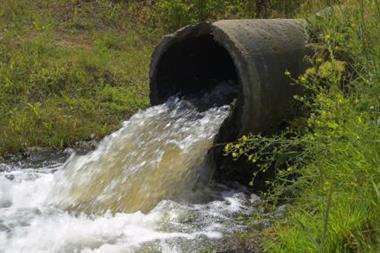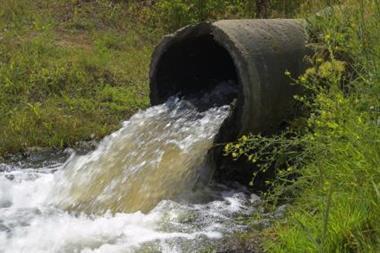All business sectors urged to participate in consultation
Aon has called for businesses to engage in the current consultation on the Proposed Soil Directive, which closes on October 19, 2007.
The broker warned that many businesses do not recognize how the national law, to transpose the Environmental Liability Directive, extends the liabilities carried by their businesses.
Bob Martin, director of environmental consulting and solutions at Aon, said: “It is most important that as broad a consultation as possible takes place on the avalanche of environmental law that is cascading down on industry at this time. We believe the reason for the poor response to the Environmental Liability Directive is that many business sectors still continue to mistakenly believe that environmental risks and liabilities are only a matter of concern for the so-called ‘dirty industries’.
He added: “It is vital that the message gets across that real, potential and perceived risks and liabilities can impact the financial viability of any entity. The Polluter Pays Principle does not mean those who do not see their business as likely to cause or have caused contamination can ignore the subject.”
Martin pointed out that recent case law, as well existing and pending statutes, illustrate that, however unwittingly, any owner or user of a site can become liable for a legacy contamination issue for the site they own or occupy, that of a neighbour and even natural resources such as groundwater. Similarly, the selling of a property or the termination of a lease does not mean that risks and liabilities are necessarily left behind.
He added: “We are urging all our clients and prospective clients to take part in the current consultations, as well as to institute environmental risk management as one of the columns on which their corporate governance objectives are built. At a minimum, the message from the original High Court judgment in the Bartoline case should be taken as saying that it is essential for all entities to re-examine whether they now need specific environmental impairment liability insurance, and to test with their insurers whether the pollution clauses in non-environmental specific insurance policies, such as public liability, general liability and directors and officers policies actually afford them the coverage which was their intention to purchase when they placed these policies.
“There is one certainty which is that with the ever changing law: the volume of action by regulators and legal claims from third parties that have taken place in the past cannot be viewed as a reasonable basis on which to project the potential for future actions and their related impact on the profits. Those who continue to try to ignore such risks are in for an unpleasant surprise."


















No comments yet